The U.S. voting public faced a stark decision on November 6, 2012. On the one hand, they weighed the benefits of a program of tax cuts for the 1%, social welfare spending cuts for the broad majority, a disingenuous obsession with deficits, racial and cultural demagoguery, and a pandering to the interests of corporate and finance capital. On the other, they considered the possibilities of a fairer distribution of taxation, greater reinvestment in the nation’s physical and social infrastructure, an embracing of the nation’s changing demographics, and a more active federal social welfare agenda. At present, the political right refuses to acknowledge the mandate that President Barack Obama’s re-election signifies, or recognize how Democratic gains in the Senate affirmed it. But the people who stood for hours in long lines to vote, or otherwise surmounted efforts to suppress the vote on the bases of race and class, sent a resounding message. Yet, the mandate does not reside chiefly in the White House. To the contrary, no policy mandate exists apart from the public’s will to invoke and enforce it. Rather, then, it rests largely among the electorate – and it is a decisively working-class mandate.
Liberal post-election euphoria should not cloud our memories of how the president’s mandate was powerfully forged in the recent public employee struggles that exploded in states like Wisconsin and Ohio, in the Occupy campaigns that proliferated across the nation (and which continue, by the way, in diffuse forms), in the defection by members of the Progressive and Congressional Black caucuses from the Democratic fold during the 2011 debt-ceiling crisis, and in the self-proclamations of the 99%. This is a mandate that laboring people, and their allies, will have to visibly and vocally claim. Accomplishing this will entail, among many other things, mobilizing for the passage of the Employee Free Choice Act; organizing for the passage of the American Jobs Act; protecting women’s reproductive control over their bodies; documenting and exposing structural poverty and the disinvestment in working-class cities, communities, neighborhoods and schools (especially those populated by people of color); politicizing mass incarceration as an issue of both working-class and racial justice; battling the ongoing attempts to racially profile and shrink the U.S. electorate at the same historical moment that the numbers of (predominantly working-class) people of color have reached a majority in this country; and training new organizers and political theorists to defeat the white supremacy, patriarchy, authoritarianism, austerity, and virulently anti-working class politics of the Tea Party right. Finally, claiming a working-class mandate necessitates going beyond the imagination of both a president who squandered much of his first term placating the narrow constituency of the right rather than consolidating his own diverse base, and a Democratic Party that has itself repeatedly lurched to the right over the past three decades.


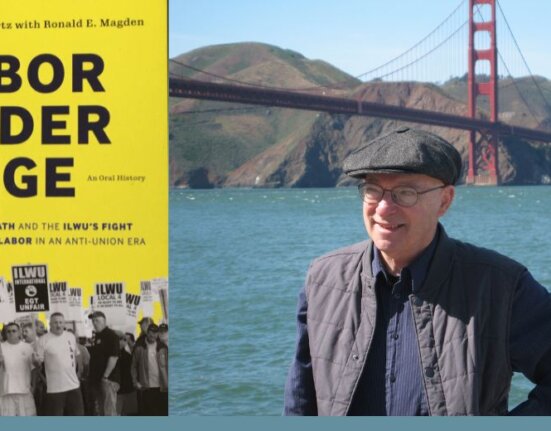
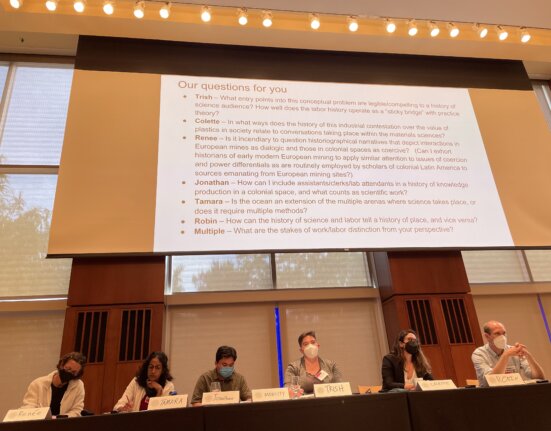
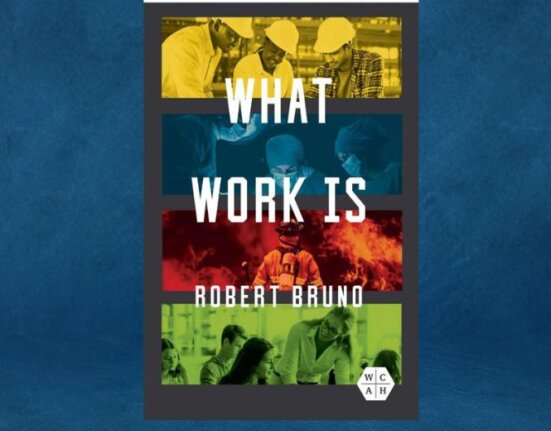
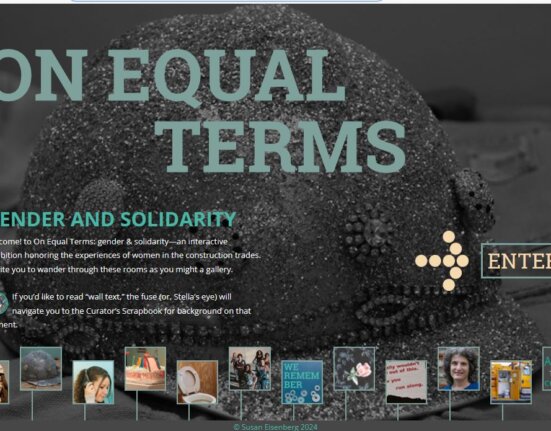
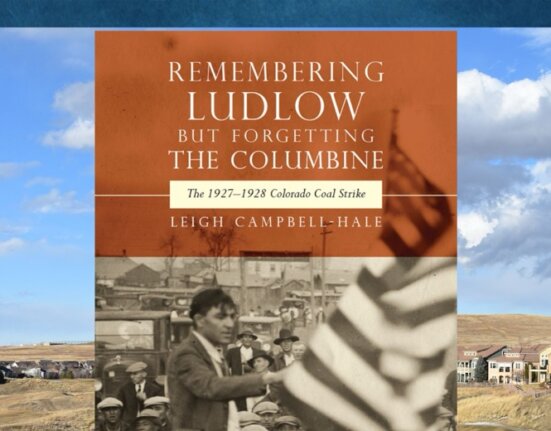
2 Comments
Comments are closed.